A friend from the UK recently asked how Saudis typically get married. The question prompted a moment of reflection, particularly on the enduring traditions of arranged marriages and their parallels to the modern phenomenon of dating apps like Tinder. While both approaches may seem worlds apart, they share surprising similarities in their emphasis on compatibility and preference-based matching.
In Saudi Arabia, marriage is not merely a personal decision—it is a family project. For many young Saudi women, marriage is a significant milestone, often anticipated from their mid-20s. Meanwhile, for young men, it becomes a family matter once they decide to tie the knot. The process begins with the man announcing his intent to marry, prompting his family—particularly close female relatives—to search for a suitable bride. Compatibility is paramount, spanning social, cultural, and personal factors. Contrary to some Western perceptions of arranged marriages as rigid or impersonal, Saudi families approach the process with an eye toward creating partnerships that thrive through shared values and lifestyles. Interestingly, the emphasis on compatibility mirrors the algorithms of dating apps like Tinder, which rely on user preferences to suggest potential matches.
Love, while not absent, often takes a back seat during the initial stages of matchmaking in Saudi society. For men who meet potential partners independently—whether through work, mutual friends, or other modern channels—there is a tacit understanding that discretion is key. Relationships formed this way are often recontextualised as introductions by colleagues or friends, making them socially acceptable within the traditional framework.
The analogy of Tinder becomes particularly relevant when examining the process of arranged marriages in Saudi Arabia. A man communicates his preferences—whether for physical attributes, personality traits, or even shared hobbies—to his female relatives. These relatives then leverage their social networks to identify potential matches. This is, in essence, the offline version of “swiping right.” Once a shortlist of candidates is created, the man reviews the options. If he finds a match, the bride’s family is contacted, usually through a direct and respectful approach. Should the woman express interest—often after viewing the man’s photo and learning about his background—the process moves forward. The couple meets, akin to a first date, to determine if the match has potential.
As Saudi society modernises, traditional practices are adapting rather than fading. Many young Saudis still turn to their families for help in navigating the path to marriage. Take Feras, a 35-year-old bank manager, for example. He recently got engaged after his sister-in-law introduced him to his future bride. “It’s simpler,” he says. “My family understands me and my lifestyle. I trusted their judgment during the process.” While modern workplaces and social settings provide new opportunities for young Saudis to meet potential partners independently, the traditional family-driven approach remains deeply ingrained. For many, this blend of tradition and modernity strikes the right balance, preserving cultural values while embracing new realities.
As Saudi Arabia evolves, so too does the institution of marriage. The country’s unique blend of tradition and modernity offers a fascinating case study in how age-old customs can coexist—and even intersect—with contemporary trends. Whether through family networks or digital platforms, the ultimate goal remains the same: finding a compatible partner with whom to build a future. In the end, the parallels between Tinder and arranged marriage underscore a universal truth: the desire for connection, compatibility, and a shared vision for the future transcends cultural boundaries.
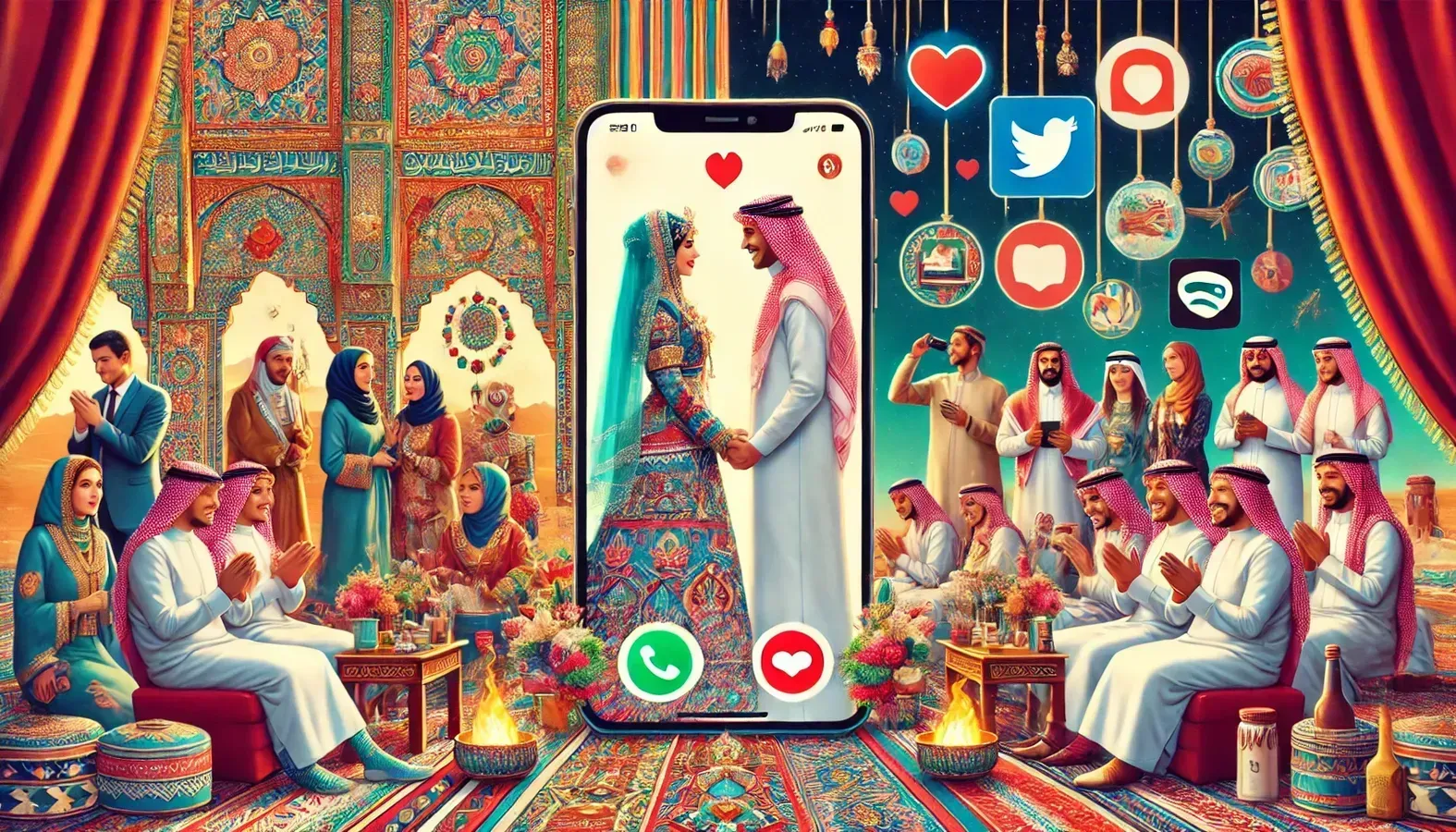
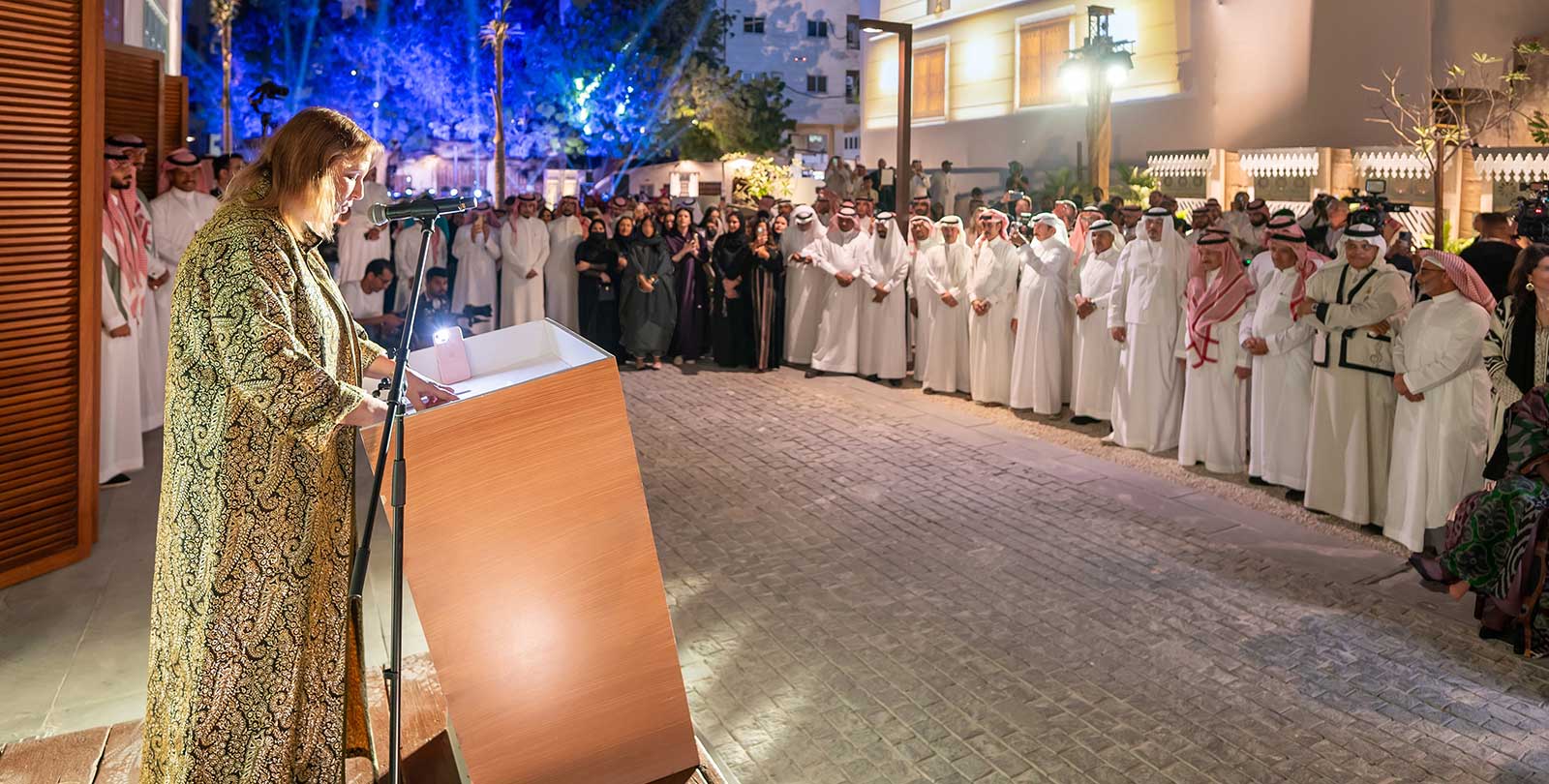
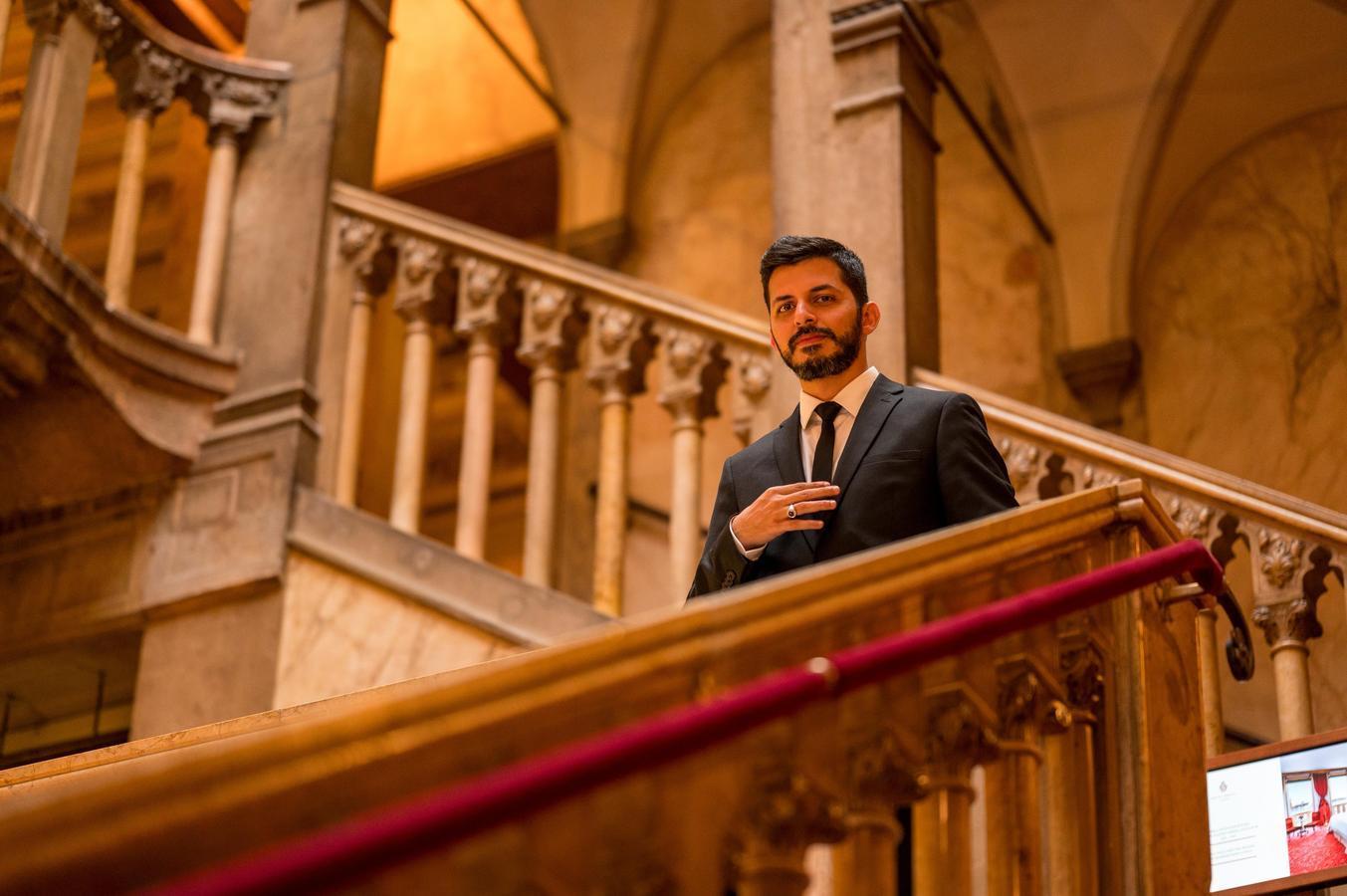
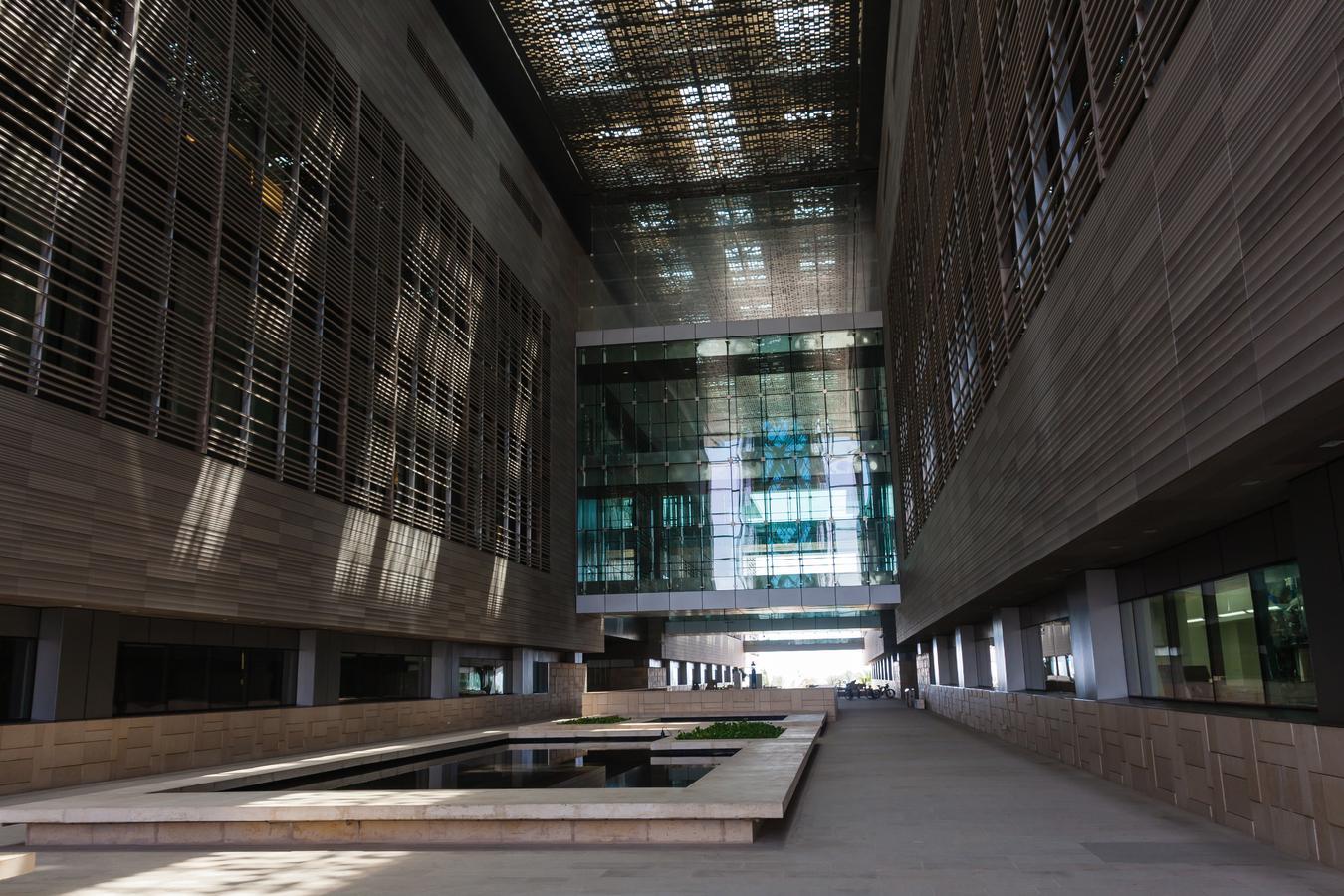
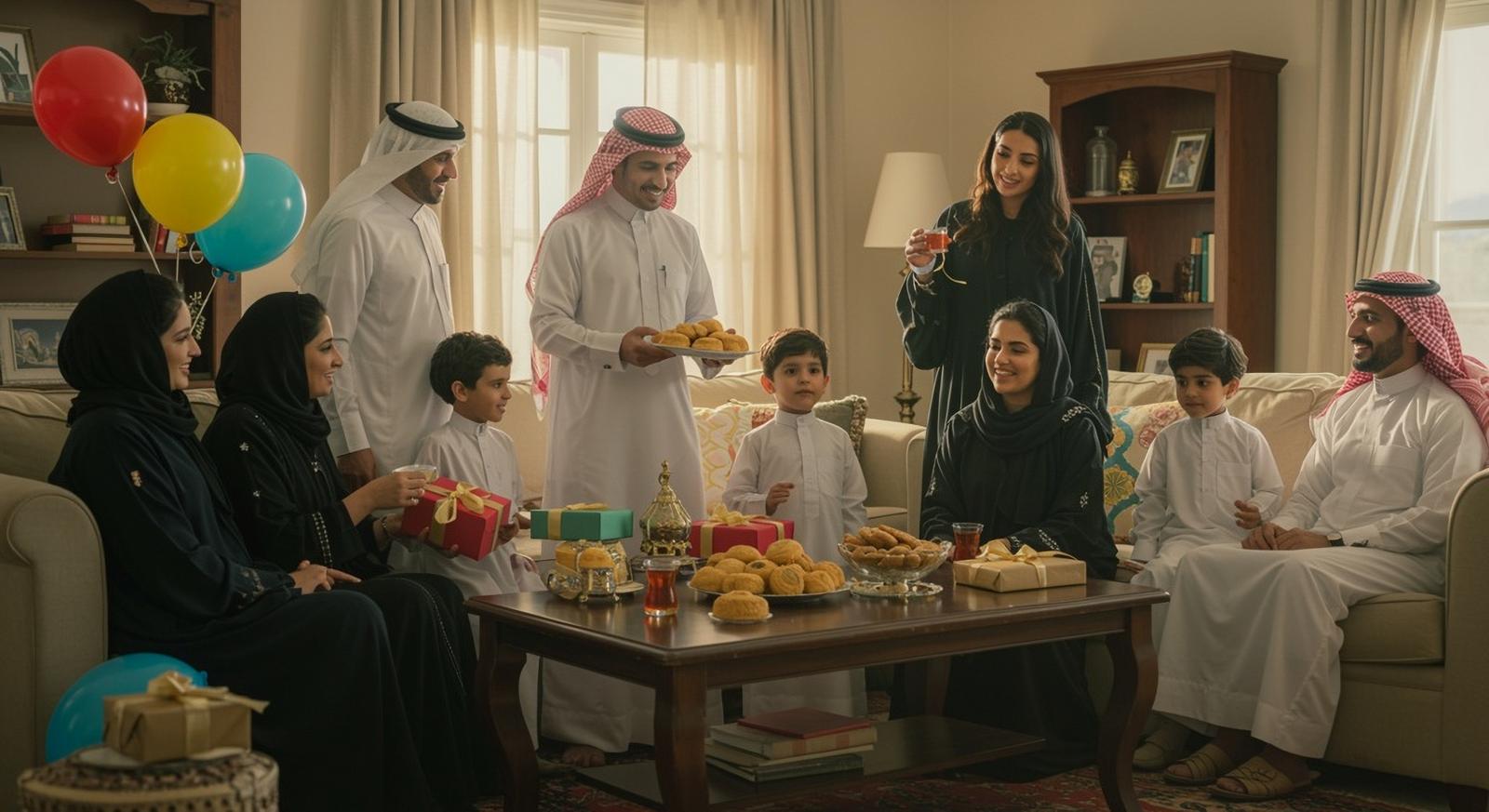

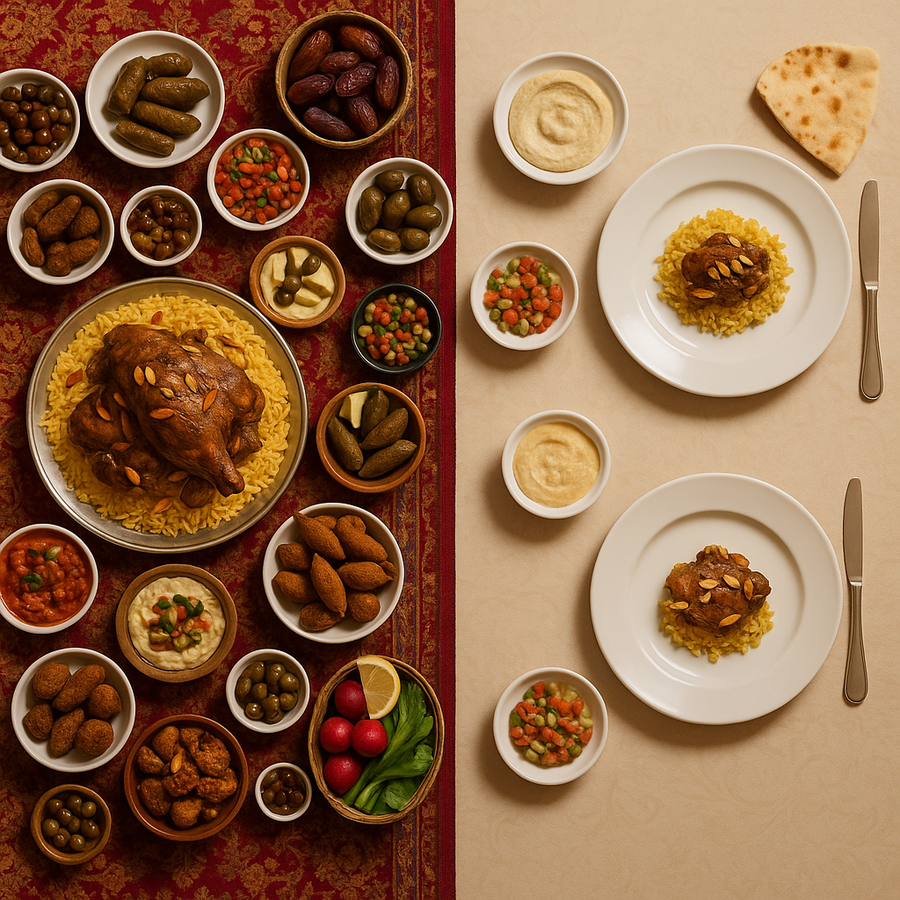

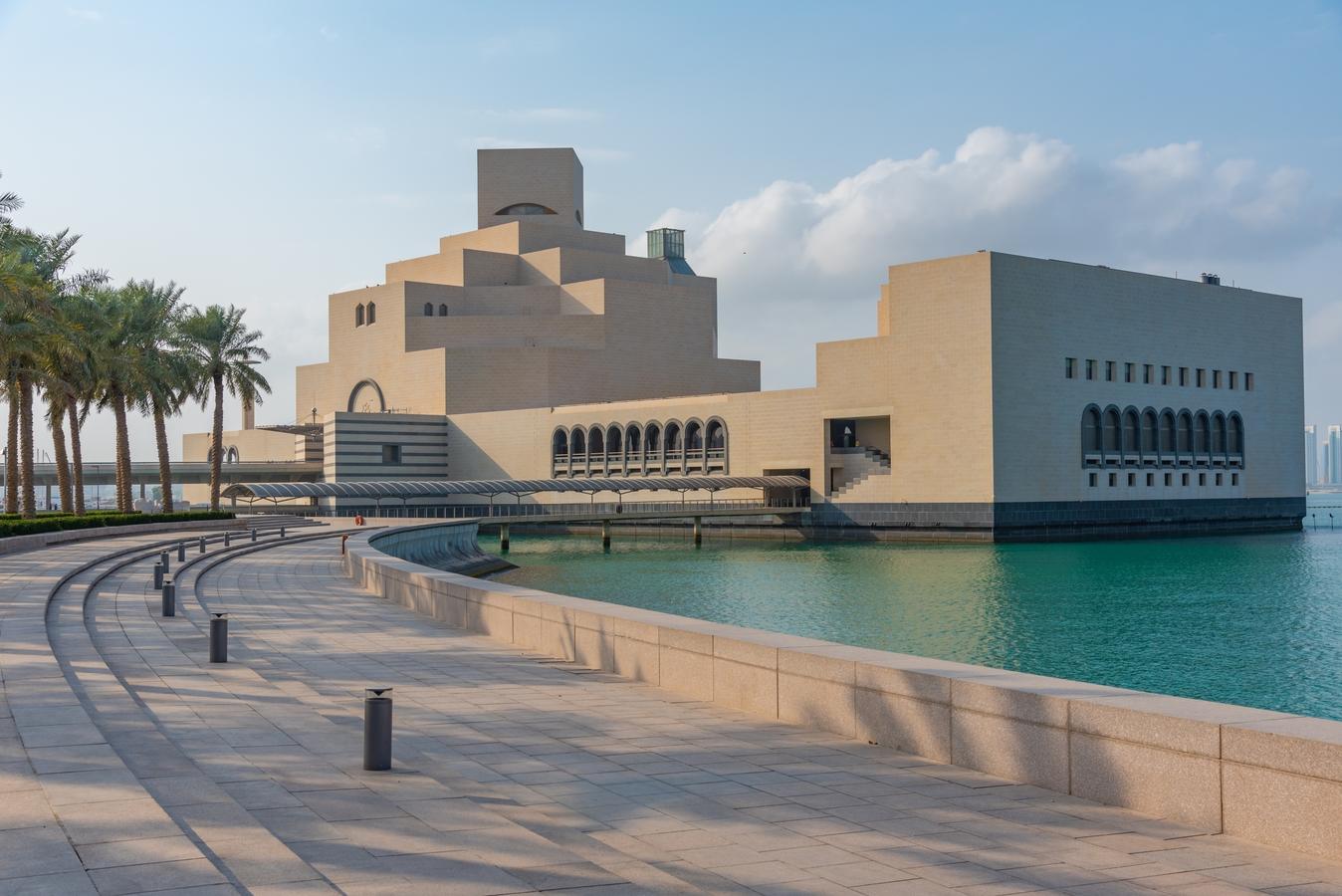
0 Comments
No comments yet. Be the first to comment!